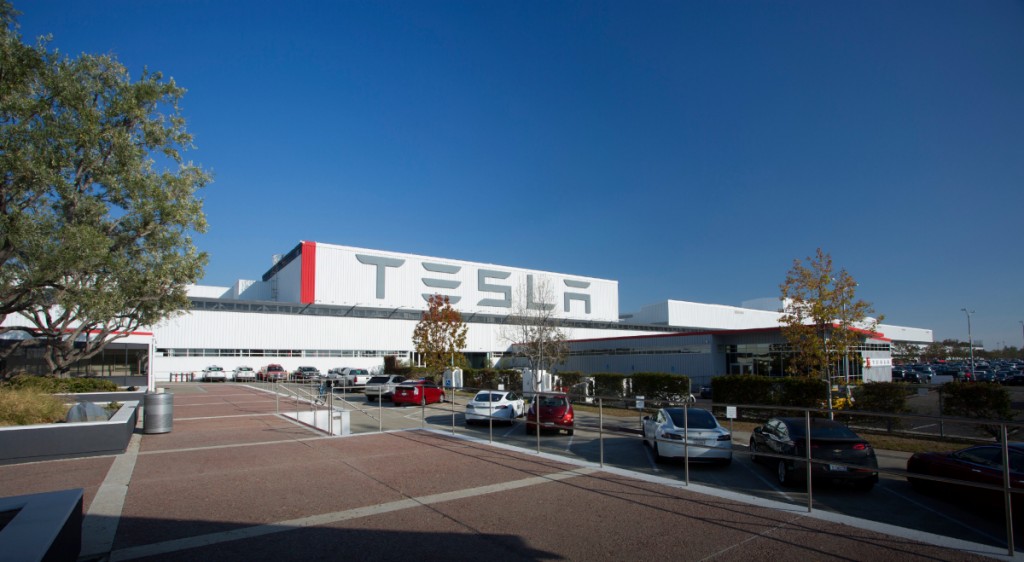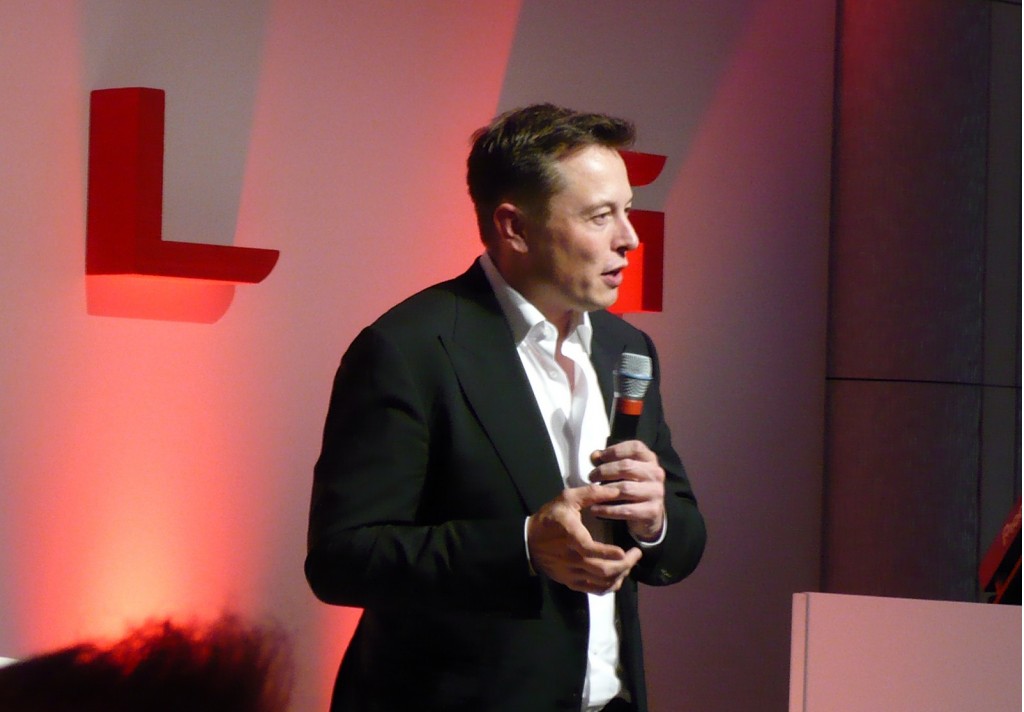Amidst nine months of "production hell" for the Tesla Model 3 electric car, the company's next vehicle has somewhat fallen off the radar.
According to a report Wednesday by Reuters, Tesla has now put out requests to suppliers for initial bids on parts for the Tesla Model Y, its high-volume crossover utility intended to be more affordable than the $80,000-and-up Model X.
Two sources familiar with Tesla's supply chains told Reuters those documents set a target of November 2019 for the start of Model Y production.
CHECK OUT: Tesla Model Y to be based on Model 3 after all; Musk 'reeled back' from 'insanity'
The Model Y will be an SUV based on the Model 3, and smaller than the Model X. Musk had said in February the company planned to start making investments in Model Y production toward the end of 2018.
Now Tesla has reportedly put out an RFI—a request for information—to its suppliers and is accepting preliminary bids for supplies of Model Y parts, which starts the production planning process.
Any major Model Y program would require a new assembly plant, though Reuters' sources said the bids were for initial production at Tesla's factory in Fremont, California, which could accommodate some limited Model Y production on the Model 3 line.

Tesla factory, Fremont, California
Musk has said he plans to build 1 million Model Ys per year eventually, though he didn't give any time frame. Customarily, RFIs for components of a new vehicle would come roughly two and a half years before production.
The one-and-a-half-year schedule is "aggressive, but possible," one source told Reuters, given that the Model Y will be built on the underpinnings of the Model 3 already in production.
Tesla declined to comment to Reuters on its report or the Model Y time frame.
READ THIS: Manufacturing expert says Tesla Model 3 plan to skip beta testing is risky (May 2017)
The Model Y isn't the only new Tesla the company has said it plans to build next year; the Tesla Semi also has a target launch date of 2019.
Meanwhile, the company has grappled with quality problems and a slow rate of production increase in the Model 3, intended to be its highest-volume vehicle to date.
Eight months after the first, largely hand-built Model 3s were delivered in late July 2017, Tesla said last week it had built 2,000 of the cars in a seven-day period.

Tesla Motors CEO Elon Musk at Tesla Store opening in Westfield Mall, London, Oct 2013
That didn't quite achieve the company's promised rate of 2,500 cars a week by March 30, a target date that had already been postponed by six months.
Tesla said then that it expects the Model 3 production rate to "climb rapidly through Q2," and it reiterated a target of "approximately" 5,000 Model 3s a week in "about" three months.
Meanwhile, CEO Elon Musk was interviewed by host Gayle King for a segment on the "CBS This Morning" show that will air on Friday morning, April 13.
Musk told King the Model 3 production saga has been "incredibly difficult and painful the last several months."
He told her he was sleeping on the Fremont factory floor, "because I don't have time to go home and shower," since he believes Tesla employees should not "be experiencing hardship while the CEO is like off on vacation."
The show promises a "first-ever look inside the production line for the Model 3," which may provide footage that engineers at competing automakers will likely view with great interest.












